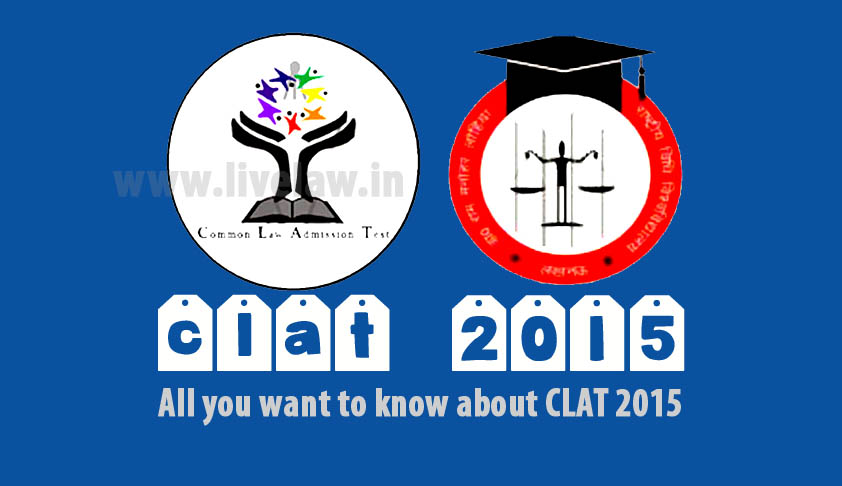Rajasthan HC scraps CLAT age limit on PIL by two 1st year students of NLSIU, Bangalore
Apoorva Mandhani
7 March 2015 12:31 AM IST

Next Story
7 March 2015 12:31 AM IST
A Rajasthan High Court Bench comprising of the Acting Chief Justice Sunil Ambwani and Justice Prakash Gupta has issued an interim stay on the age limit prescribed for the Common Law Admission Test."We are of the view that it is a fit case, in which we should grant interim order, directing the Organizing University namely, Dr. Ram Manohar Lohiya National Law University, c-Core Committee of...
